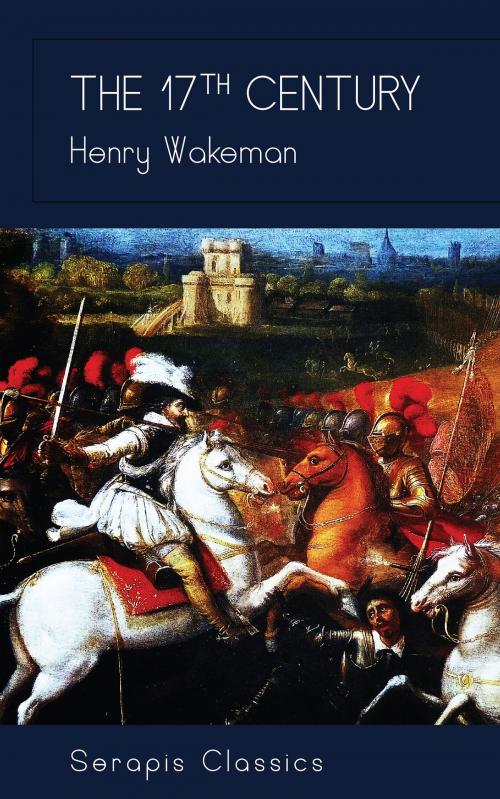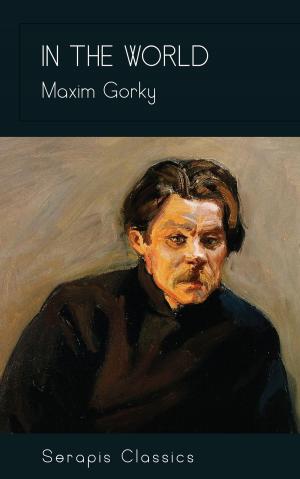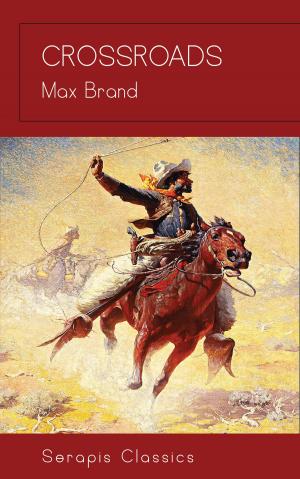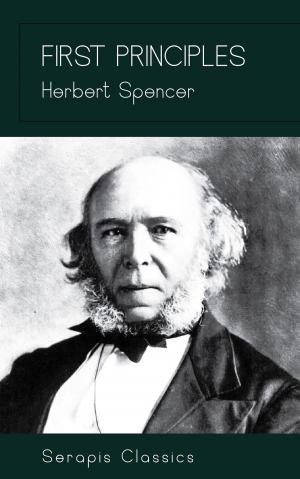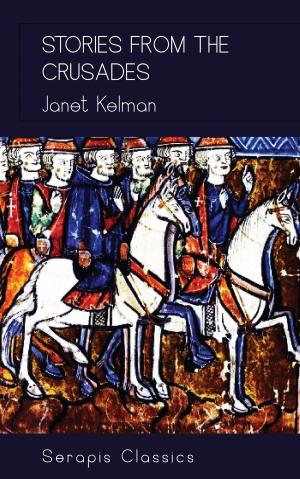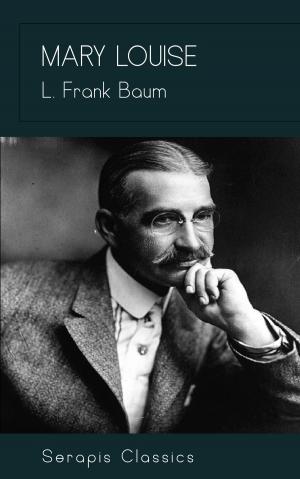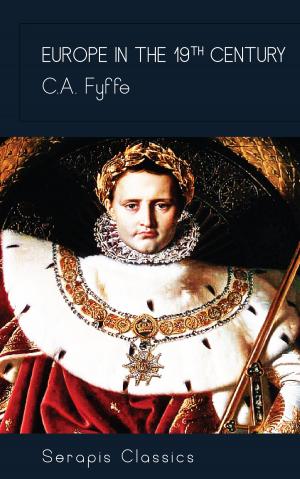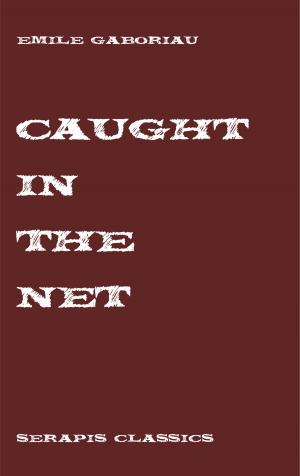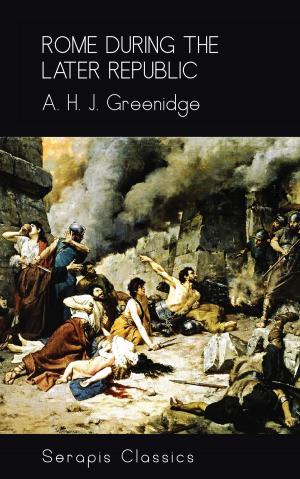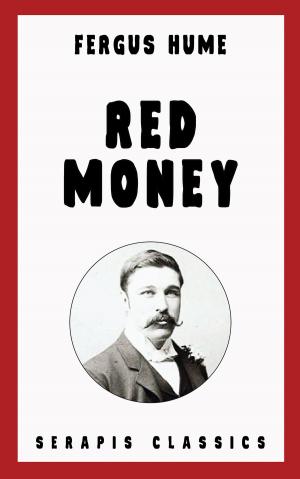| Author: | Henry Wakeman | ISBN: | 9783962559908 |
| Publisher: | Serapis Classics | Publication: | October 20, 2017 |
| Imprint: | Language: | English |
| Author: | Henry Wakeman |
| ISBN: | 9783962559908 |
| Publisher: | Serapis Classics |
| Publication: | October 20, 2017 |
| Imprint: | |
| Language: | English |
THE seventeenth century is the period when Europe, shattered in its political and religious ideas by the Reformation, reconstructed its political system upon the principle of territorialism under the rule of absolute monarchs. It opens with Henry IV., it closes with Peter the Great. It reaches its climax in Louis XIV. and the Great Elector. It is therefore the century in which the principal European States took the form, and acquired the position in Europe, which they have held more or less up to the present time. A century, in which France takes the lead in European affairs, and enters on a course of embittered rivalry with Germany, in which England assumes a position of first importance in the affairs of Europe, in which the Emperor, ousted from all effective control over German politics, finds the true centre of his power on the Danube, in which Prussia becomes the dominant state in north Germany, in which Russia begins to drive in the Turkish outposts on the Pruth and the Euxine - a century, in short, which saw the birth of the Franco-German Question and of the Eastern Question - cannot be said to be deficient in modern interest...
THE seventeenth century is the period when Europe, shattered in its political and religious ideas by the Reformation, reconstructed its political system upon the principle of territorialism under the rule of absolute monarchs. It opens with Henry IV., it closes with Peter the Great. It reaches its climax in Louis XIV. and the Great Elector. It is therefore the century in which the principal European States took the form, and acquired the position in Europe, which they have held more or less up to the present time. A century, in which France takes the lead in European affairs, and enters on a course of embittered rivalry with Germany, in which England assumes a position of first importance in the affairs of Europe, in which the Emperor, ousted from all effective control over German politics, finds the true centre of his power on the Danube, in which Prussia becomes the dominant state in north Germany, in which Russia begins to drive in the Turkish outposts on the Pruth and the Euxine - a century, in short, which saw the birth of the Franco-German Question and of the Eastern Question - cannot be said to be deficient in modern interest...
